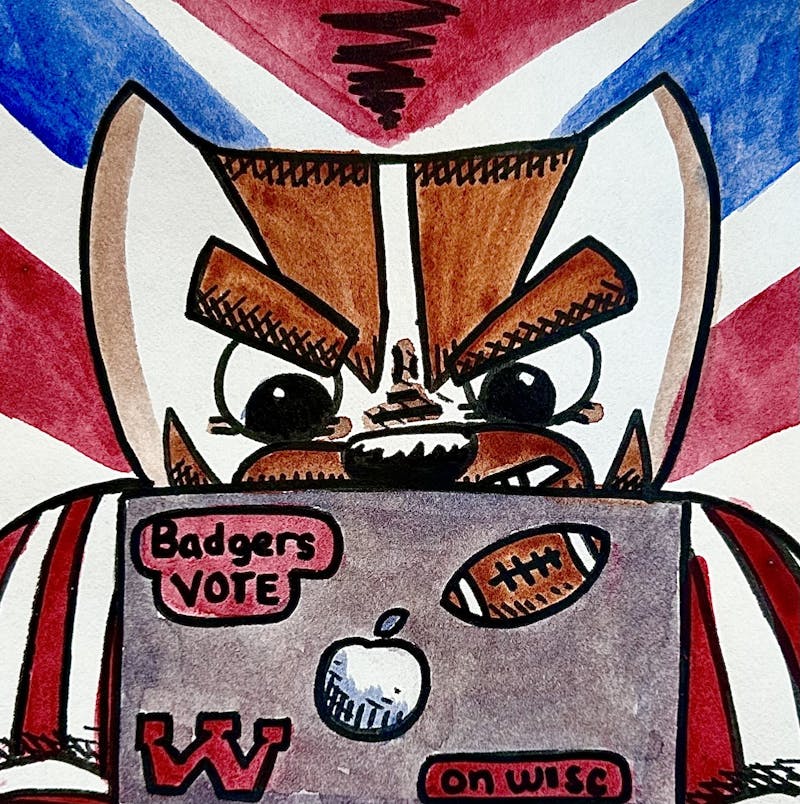As political dialogue shifts online, we are losing the empathy and connection needed for true democratic engagement.


As students of a major university in a critical swing state, it is important that we engage in a political dialogue. But as our conversations shift more and more to online spaces, we need to be aware of how this change affects our political engagement as students. So far, it hasn’t been a change for the better.
Nowadays, many of our conversations happen over screens. Political conversations in particular have moved online, especially on platforms like X, Instagram and Facebook. The convenience of these platforms has led us to substitute face-to-face interaction with virtual conversation.
Although digital spaces give us quick access to news and political updates, they also make it easier to engage in harmful behaviors, such as name-calling or spreading misinformation.
This problematic byproduct has become especially clear in the most recent elections. Rather than thoughtful discussions about policy, we see candidates trading insults. And rather than hearing out the other side, we see supporters engaging in toxic online behavior.
Contrast this with in-person political debates, which allow for more meaningful conversations where individuals face each other and create an environment of respect. Online, the distance makes it too easy to dehumanize your opponent.
A recent study revealed that more than one third of social media users are worn out by political discussions online, and almost 60% find these conversations stressful and frustrating. But despite the clear drawbacks of online conversation, we continue to rely on it.
Why? Because it’s just more convenient. It’s far easier to engage in a political debate with someone from behind a screen than to face them in person. Ultimately, internet political discourse is here to stay.
Fortunately, the internet is not the root of the issue. It isn’t the platform we use, but rather the way we choose to interact with the platform that has been failing us. While technology has impacted the way we engage politically, we have ourselves to blame for the quality of our conversations. But we also have the power to change it.
If the internet is now a permanent part of political discourse, we need to adapt. Rather than allow technology to strip our conversations of humanity, we need to find ways to bring empathy and understanding back into the equation. This means listening actively, being open-minded and avoiding the quick judgment that we now rely on in online spaces.
You might think that this all sounds cliche, or that you’ve heard it all before. Frankly, I’m sure that you have. But the next time you engage in a political discussion, whether it's online or in person, it’s time to actually keep the advice in mind.
Our words impact the future of our democracy, so choose them carefully. We can’t get rid of technology. The best we can do is enter every conversation with an open mind and a willingness to listen to each other.
Lillie Sunby is a sophomore studying psychology, communications and political science. Do you agree that online political debate is undemocratic? Send all comments to opinion@dailycardinal.com.